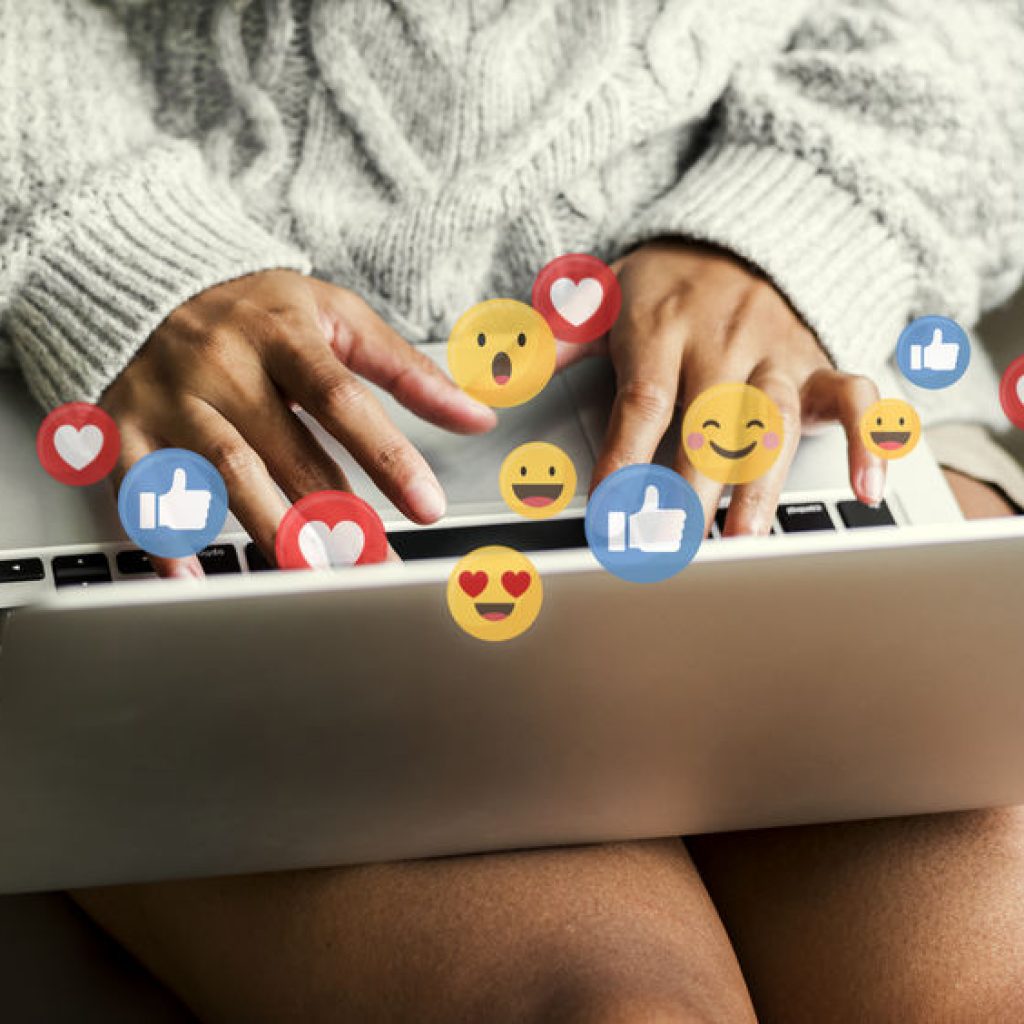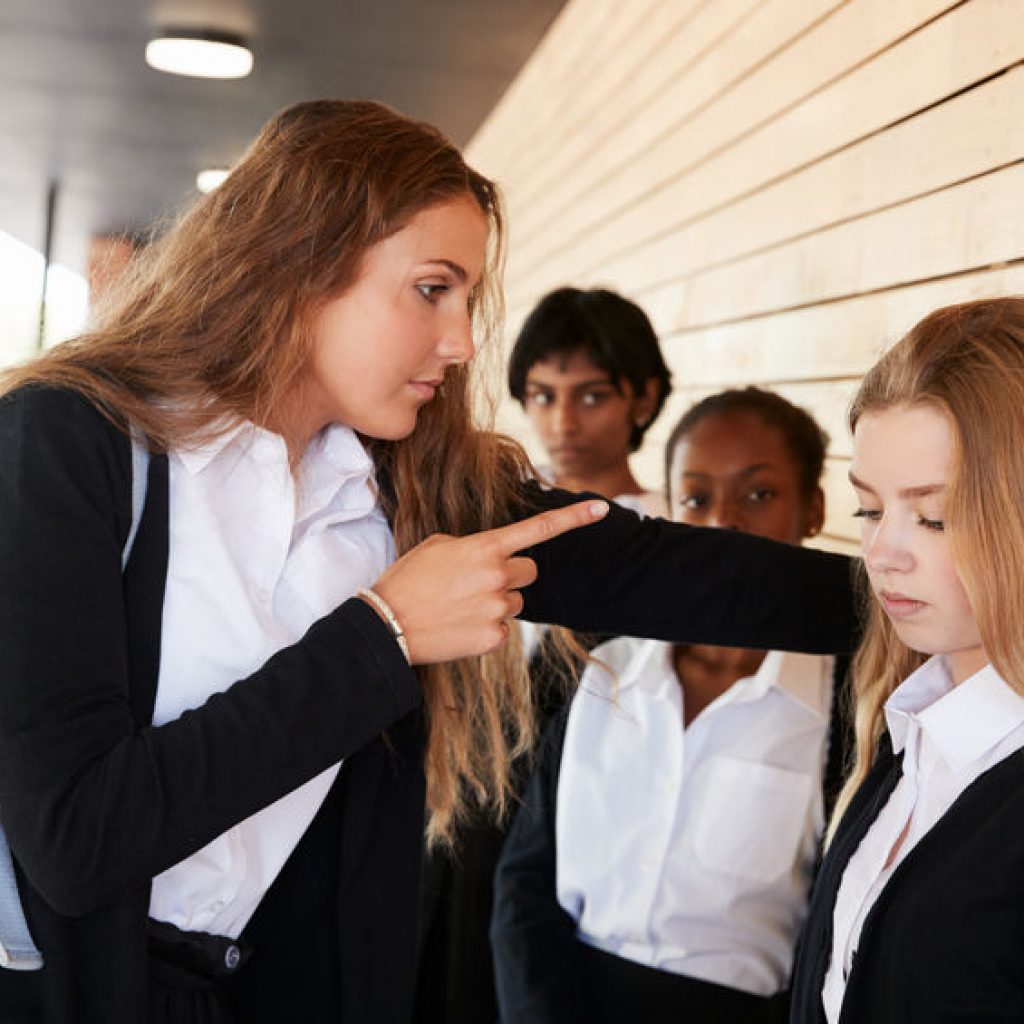Social Media is Just Like Any Other ‘Addiction’
Razi Berry Our use of social media, specifically our efforts to maximize “likes,” follows a pattern of “reward learning,” concludes a new study by an international team of scientists. Its findings, which appear in the journal Nature Communications, reveal parallels with the behavior of animals, such as rats, in seeking food rewards. “These results establish […]










